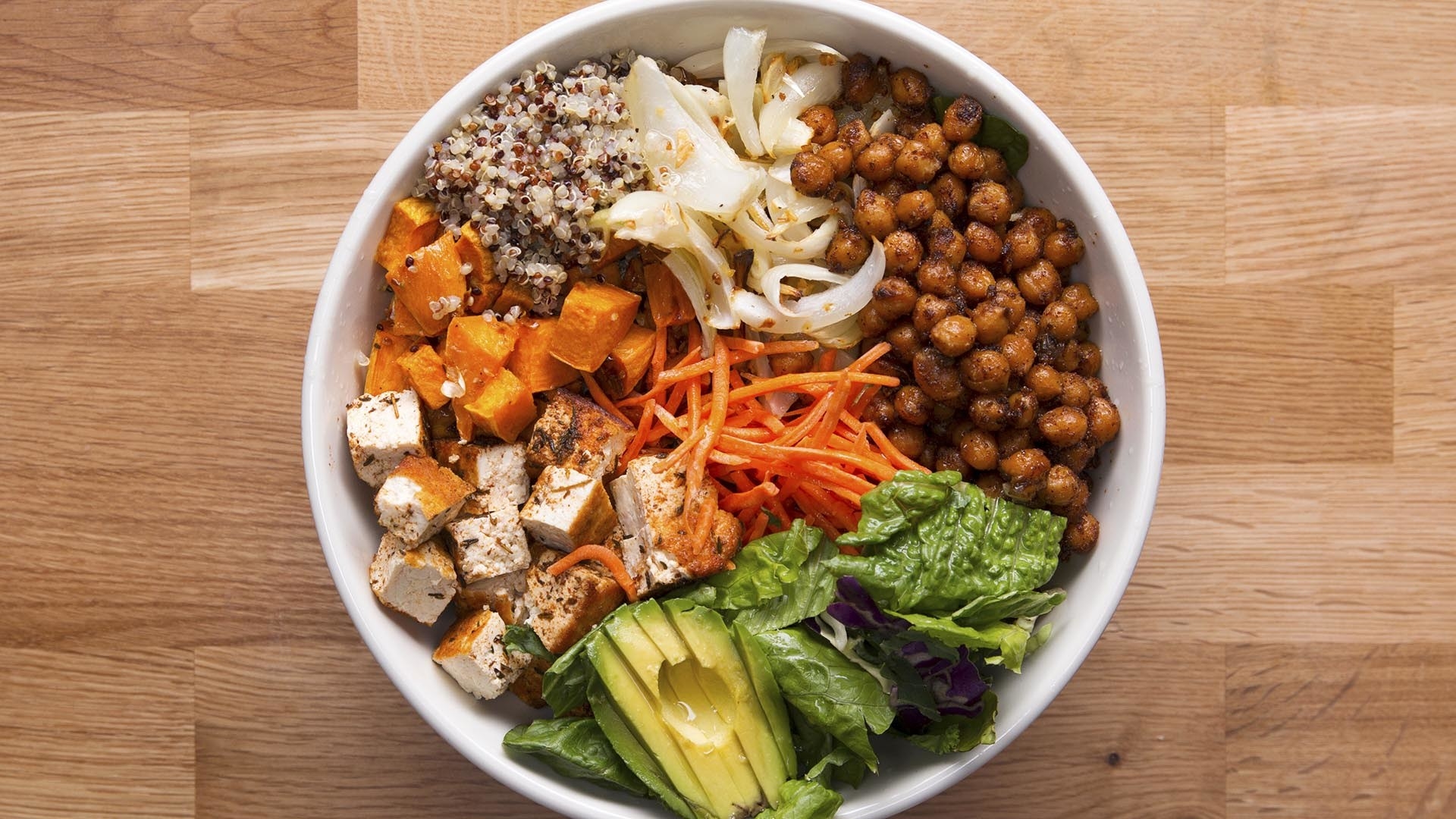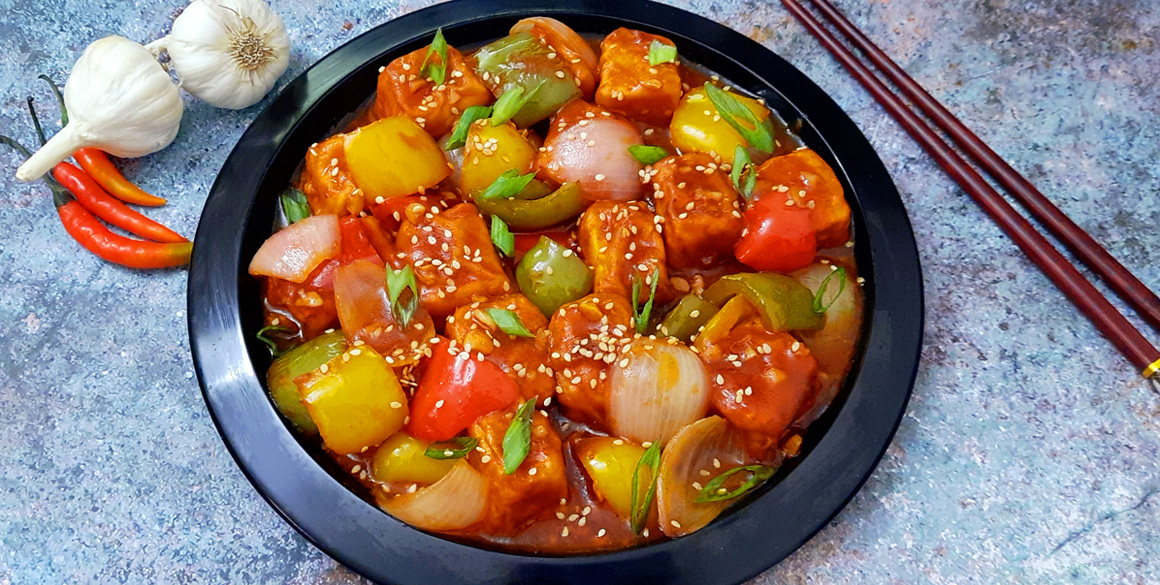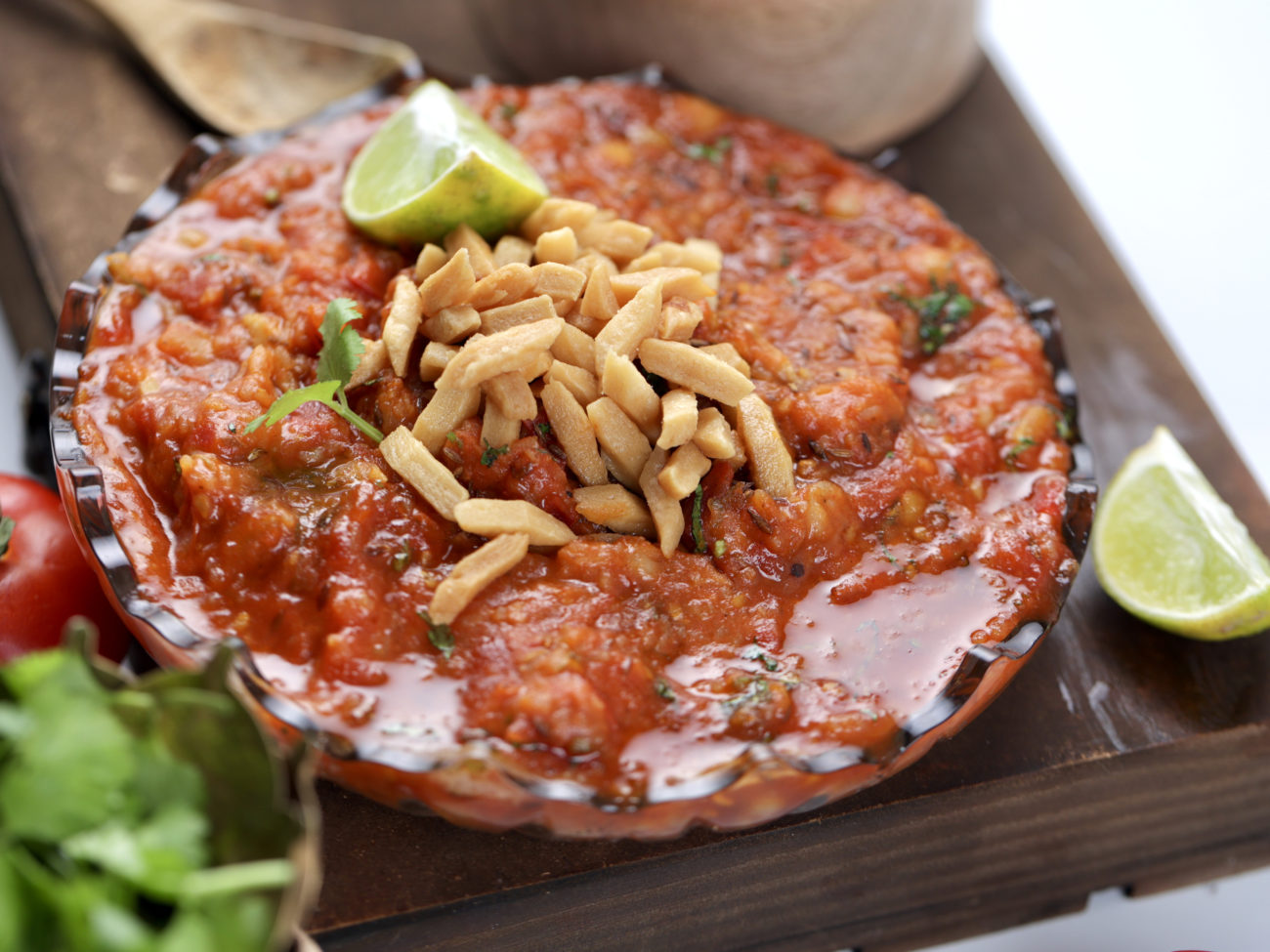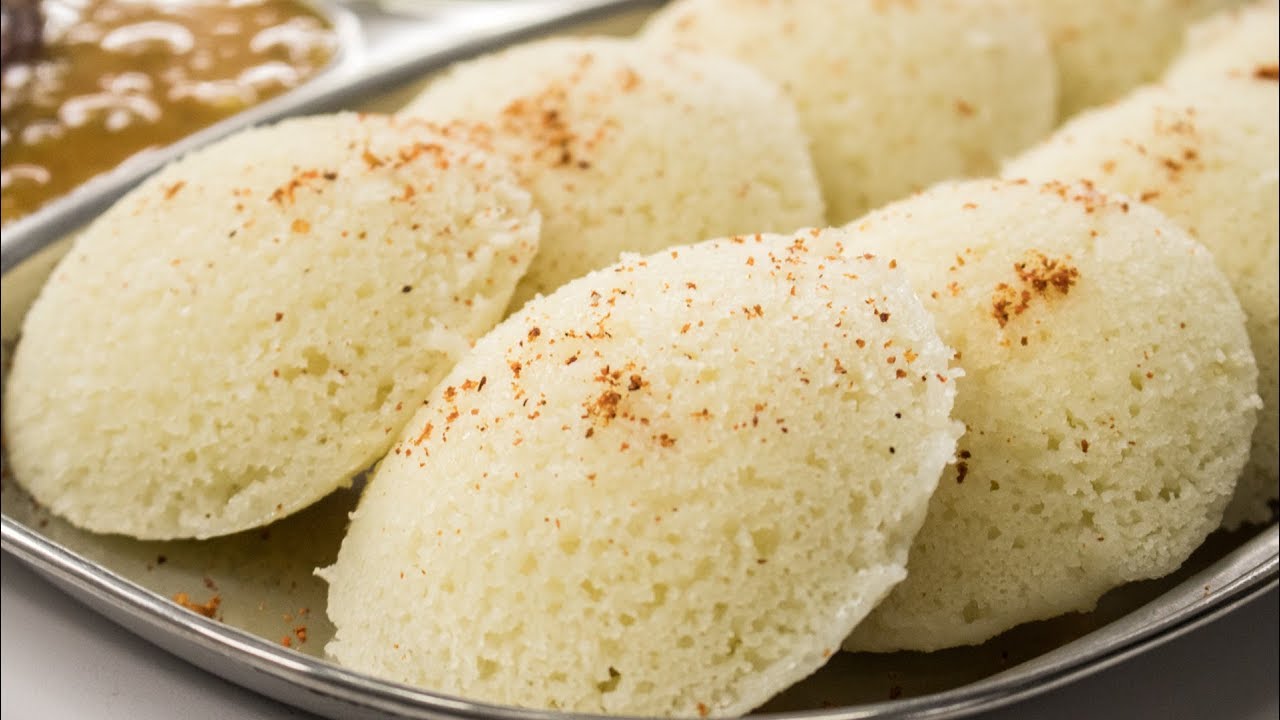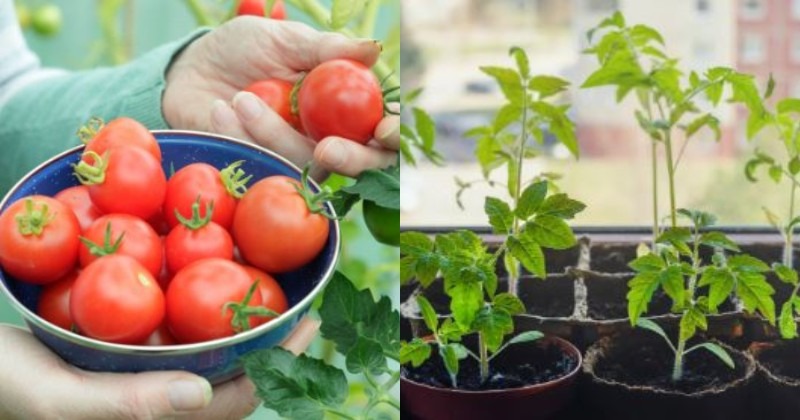Switching to a plant-based diet can feel new and exciting. For many beginners, the first step is making that very first plant-based meal. This moment is important because it sets the tone for your journey towards healthier eating. The good news is that making a plant-based meal is not difficult. With a little planning, the right ingredients, and some simple cooking methods, you can create a dish that is filling, tasty, and nutritious.
In this detailed guide, we will look at how to plan, shop, and cook your first plant-based meal, with practical tips for the Indian kitchen.
What is a Plant-Based Meal?

A plant-based meal is one that focuses on foods that come from plants. This includes vegetables, fruits, whole grains, lentils, beans, nuts, and seeds. Some people include dairy, but many avoid it. The main idea is to cut down on animal-based foods and use plants as the main source of nutrition.
Plant-based meals are rich in fibre, vitamins, minerals, and antioxidants. They are lighter on the stomach and better for long-term health. For Indians, this diet is not new. Our traditional foods like dal, roti, sabzi, khichdi, idli, dosa, and vegetable curries already form the base of a plant-based lifestyle.
Why Start with a Simple Plant-Based Meal?
- It is easy to prepare and does not feel overwhelming.
- You learn basic cooking techniques.
- It helps you get comfortable with new ingredients.
- You get confidence to explore more recipes.
Step 1: Planning Your First Plant-Based Meal
When planning, keep three things in mind:
- Balance of nutrients: Include carbohydrates, protein, healthy fats, and fibre.
- Familiar ingredients: Start with foods you already know, like rice, lentils, vegetables, or chapati.
- Ease of cooking: Choose recipes that do not need too many steps.
Also Read Raised Bed Gardening in India: Easy Backyard Guide for Beginners
Step 2: Shopping for Ingredients
Here is a basic grocery list for your first plant-based meal:
- Whole grains: Rice, brown rice, millets (ragi, jowar, bajra), oats, or whole wheat atta.
- Protein sources: Lentils (masoor, moong, toor dal), chickpeas, kidney beans (rajma), black-eyed peas (lobia), soy chunks, tofu.
- Vegetables: Spinach, cauliflower, beans, carrots, capsicum, tomato, onion, pumpkin, or seasonal produce.
- Healthy fats: Groundnuts, coconut, sesame seeds, or mustard oil.
- Flavouring: Turmeric, cumin, coriander, ginger, garlic, green chilli, and fresh herbs like coriander leaves.
Step 3: Cooking Methods to Use
Plant-based meals taste best when cooked with simple techniques.
- Boiling/Steaming: Perfect for vegetables and lentils. Keeps nutrients intact.
- Sautéing: Use little oil to bring out flavours.
- Stewing: Cooking beans, lentils, or curries in water with spices.
- Roasting/Grilling: Great for vegetables like pumpkin, sweet potato, and brinjal.
Simple Plant-Based Meal Ideas for Beginners
1. Dal, Rice, and Sabzi
This is one of the easiest meals for beginners. Cook moong dal with turmeric and salt. Pair it with plain rice and a simple vegetable stir-fry like beans or spinach. Add salad on the side.
2. Khichdi
Cook rice and moong dal together with a pinch of turmeric, ginger, and vegetables like carrots and beans. It is light, filling, and easy to digest.
3. Vegetable Upma
Roast semolina (rava) lightly. Cook it with onions, tomatoes, green peas, and carrots. Add curry leaves and mustard seeds for flavour.
4. Chickpea Salad
Boil chickpeas. Mix with cucumber, tomato, onion, lemon juice, and black salt. Sprinkle some roasted cumin powder.
5. Vegetable Curry with Chapati
Cook seasonal vegetables with onion, tomato, and spices. Serve with whole wheat chapati or phulka.
Tips for First-Time Plant-Based Cooks
- Use seasonal vegetables. They are fresher and cheaper in India.
- Do not skip spices. Indian flavours make plant-based meals exciting.
- Cook in bulk if possible. Leftover dal or curry can be reused the next day.
- Experiment slowly. Add one new grain or lentil every week.
How to Make Your Meal More Nutritious
- Add nuts and seeds like flaxseeds, chia, or sesame to salads.
- Use millets or brown rice instead of only white rice.
- Add leafy greens like spinach, methi, or amaranth regularly.
- Use lemon juice for Vitamin C, which helps absorb iron from plant foods.
Mistakes to Avoid as a Beginner
- Skipping protein: Do not rely only on rice or roti. Always add dal, beans, or tofu.
- Using too much oil: Keep cooking light and simple.
- Depending only on packaged foods: Instant noodles or frozen patties are not true plant-based meals.
- Not drinking enough water: Fibre-rich food needs proper hydration.
Benefits of Eating Your First Plant-Based Meal
- You feel light and energetic.
- It improves digestion.
- It saves money compared to non-veg meals.
- It helps the environment by reducing animal food demand.
- It encourages you to try more homemade food.
FAQs on Making Your First Plant-Based Meal
Q1. Do I need expensive ingredients for a plant-based meal?
No. Indian staples like dal, rice, roti, and vegetables are enough.
Q2. How can I get protein without meat or eggs?
Include lentils, beans, chickpeas, soy, tofu, peanuts, and seeds daily.
Q3. Can children eat plant-based meals?
Yes, but make sure they get enough protein and healthy fats. Add nuts, dals, and fruits.
Q4. Is cooking plant-based food time-consuming?
Not always. Meals like dal, rice, or khichdi take less than 30 minutes.
Q5. How can I make meals more interesting?
Try different spices, cook with seasonal vegetables, and include chutneys or pickles for variety.
Final Words
Making your first plant-based meal is simple and rewarding. Start with Indian classics like dal, sabzi, chapati, or khichdi. Use whole grains, pulses, and fresh vegetables for balance. With time, you can try global recipes like smoothie bowls, wraps, or grain salads. The key is to begin with familiar flavours and easy recipes. Once you cook your first plant-based dish, you will gain the confidence to continue your journey towards a healthier, eco-friendly lifestyle.
Author- Ayush

